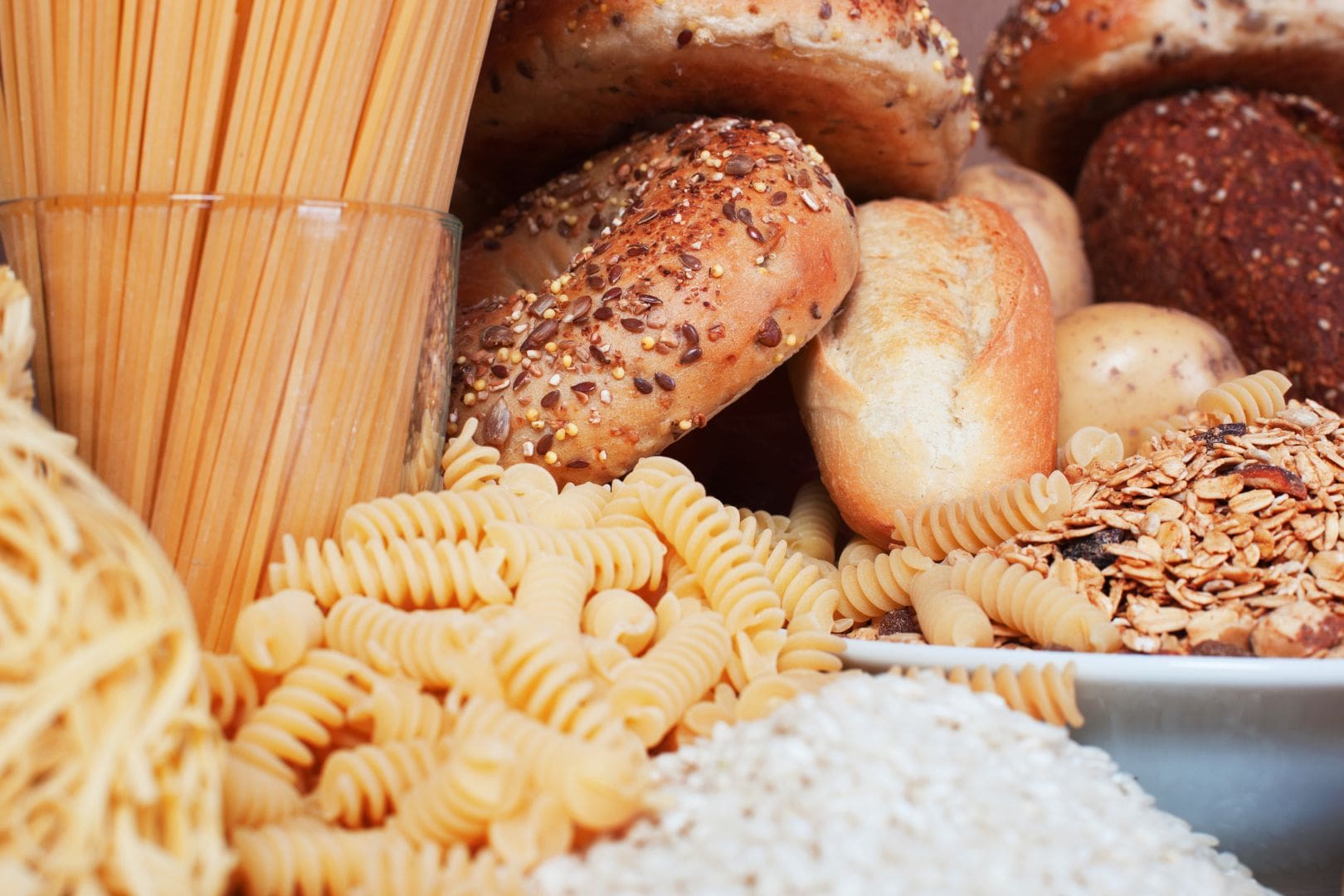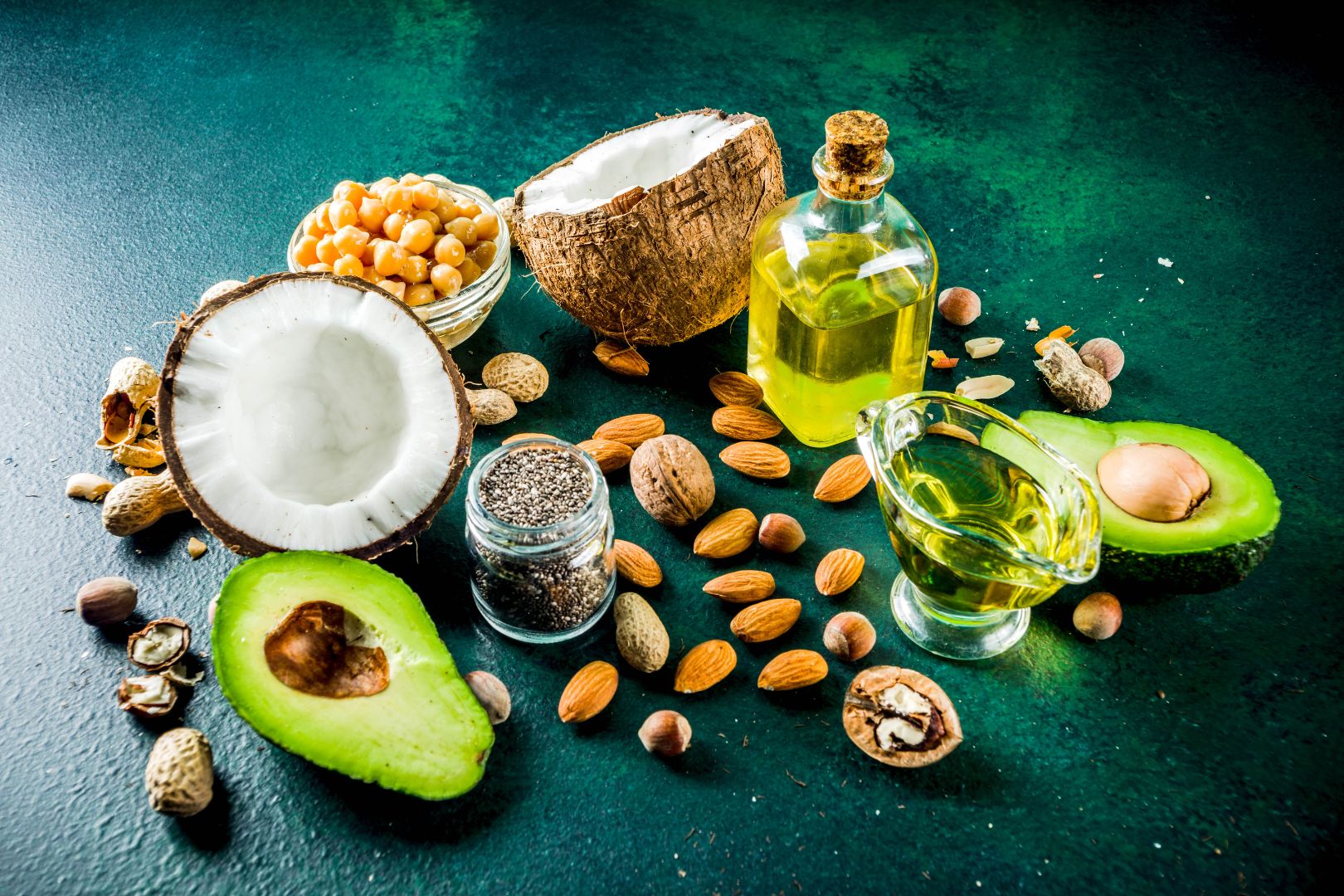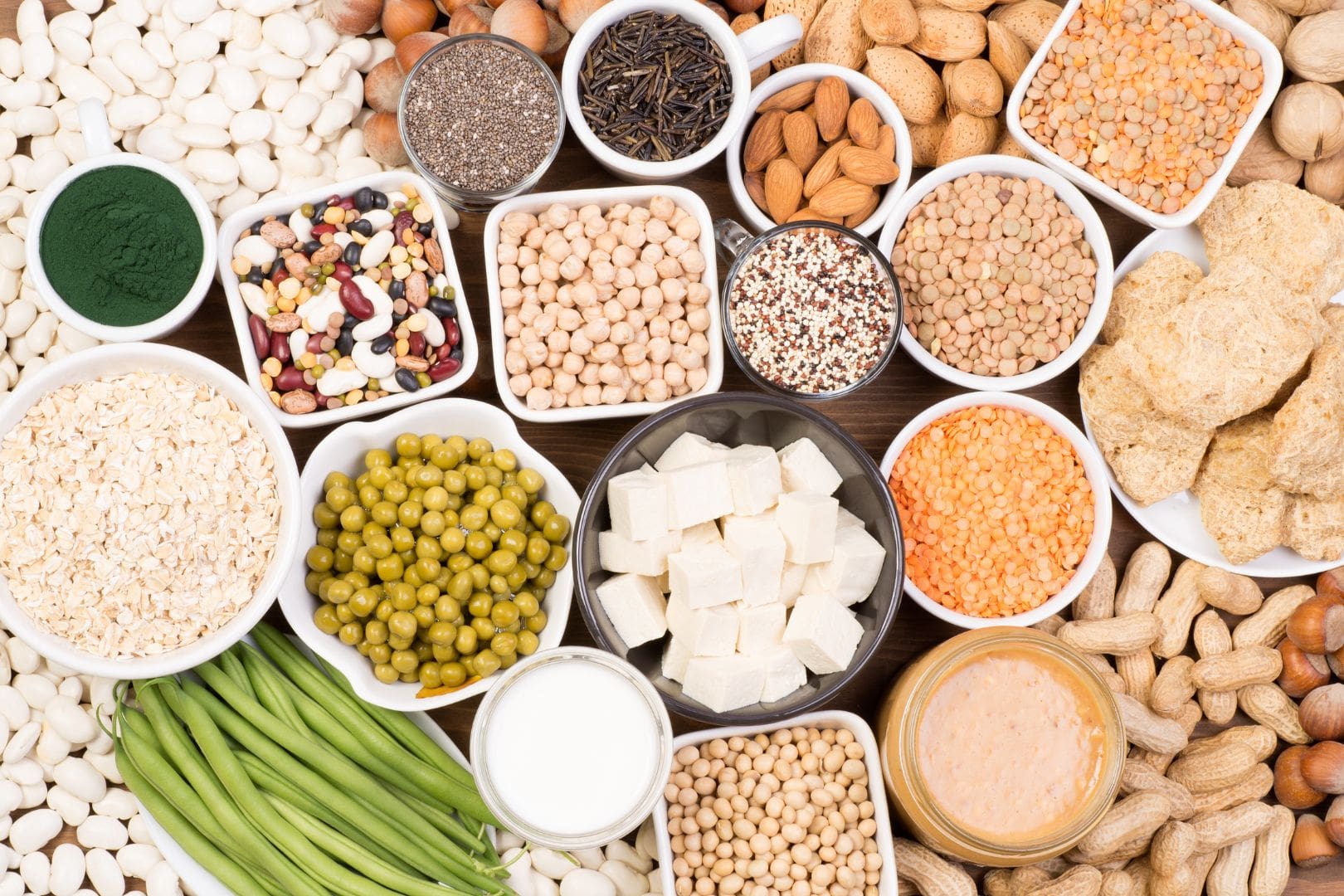| Minimum quantity | Discount |
|---|---|
| Buy 2 + | Get 10% discount |
We give you our word: With our nutrient and calorie calculator, you can catapult your training results to a new level!
As athletes, we've all been there: you're pursuing a specific goal and just can't really get anywhere... Apart from training, the reason is usually a poor diet. To build muscle, you need a lot of protein and a calorie surplus. A calorie deficit is needed to lose weight. The situation is completely different when it comes to definition and clean eating.
So it's no wonder that we are constantly asking ourselves exactly how many calories and how many micro and macronutrients we need.

Lose weight
To lose weight efficiently, you need a calorie deficit . This means that you consume fewer calories from food than you burn per day

Structure
To build (muscle) mass, you need a calorie surplus . This means that you consume more calories per day from food than you burn.

Clean eating
Above all, clean eating means eating more consciously and more freshly. Here you focus on unprocessed, natural foods for a healthy body.
Your energy requirements are influenced by many factors:
Macronutrients or macros are the three main sources of energy: carbohydrates, proteins and fats. These substances are absorbed through food. They form the vital foundation of our metabolism.
A balanced and healthy diet is made up as follows:

Proportion: 50-65%
Carbohydrates can be converted into energy faster than the other macronutrients. This makes them the most important and largest source of energy.
1 gram of carbohydrates provides you with 4.1 kilocalories of energy.

Proportion: 20-30%
Among fats, a distinction is made between saturated and unsaturated fatty acids. Unsaturated fatty acids help you to absorb fat-soluble vitamins and build cell membranes. They therefore have a particularly important function for the body.
1 gram of fat provides you with 9.4 kilocalories of energy.

Proteins are the basic building blocks of cells and are therefore indispensable for your body. They are made up of amino acids. Your body forms proteins from 20 different amino acids, 9 of which are essential. These so-called EAAs also include BCAAs. This makes the intake of these amino acids through food particularly important.
1 gram of protein provides you with 4.3 kilocalories of energy.
Micronutrientsare substances that our body needs to absorb without providing it with energy. Micronutrients primarily include vitamins, minerals(bulkelements and trace elements), proteinogenicaminoacids and omega fatty acids. Micronutrients are essential for a functioning organism.

So-called "superfoods" usually contain large amounts of vitamins, minerals and other micronutrients. Goji berries, for example, contain vitamins B1, B2, B3 and B6. Spirulina contains calcium, magnesium and beta-carotene.
Our customizable protein powders with superfoods are perfect for supplementing your daily micronutrient requirements.
If you want to find out more about superfoods and their benefits, take a look at our blog article on our top 10 superfoods!
With the nutrient and calorie calculator, it's easier than ever for you to optimize your diet and achieve your goals!
Your shopping cart
Your cart is empty